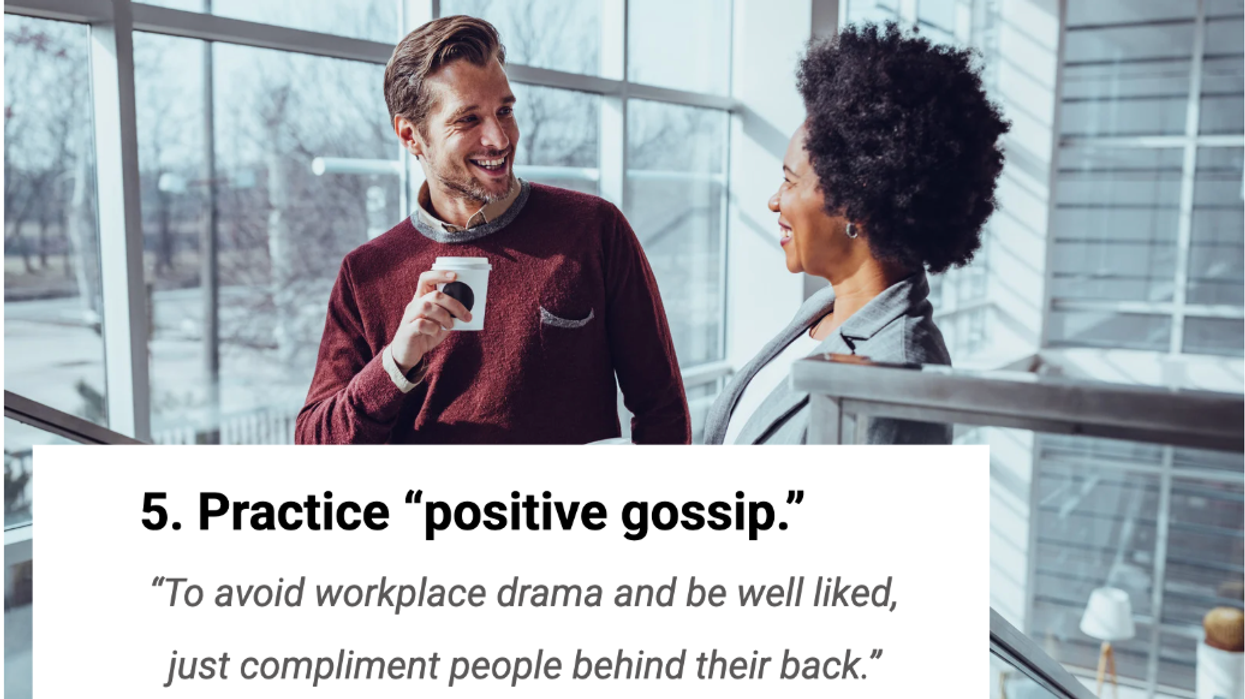Four data scientists just completed an exhaustive review of 160,000 Facebook users who shared pictures of dogs or cats in their profiles. They measured everything from preferred TV shows to number of friends to geographic disbursement. Some of the results run contrary to popular opinions, while others play directly into long-held stereotypes. In essence, no matter which type of person you are, you can probably find something in there to get upset about.
“Stereotypically, dogs are more social and easy-going, while cats are reserved, independent, and unpredictable,” the researchers state, by way of introduction. “Are any of these characteristics reflected in the people who adore them? Scratching the surface: Who has more friends? Who's more likely to be single? What TV shows do we curl up to watch together?”
The data scientists play it pretty straight, even when their research delves into realms of the absurd. For instance, did you know cat people overwhelmingly prefer the movies Terminator 2 and Trainspotting, while dog lovers opt for The Notebook and 50 Shades of Gray? It’s just science, people.
Romantically, cat people played right to type—they are more likely to be single, no matter their age or gender. The researchers speculate these lines may have more to do with an urban/rural divide than anything else. As you might predict, cat lovers live in cities (aka places where it’s tougher to own a dog).
The Science of Us cautions that we shouldn’t get carried away with these findings—many of the connections are likely to be anecdotal and/or insignificant. In fact, an April post throws water on the idea that there is such a thing as cat or dog people at all.
But humans are all about creating divides, aligning ourselves with one group or another and spouting huge generalizations about those alignments (See: “Oh, he is just such a Sag!”) But once you accept it’s mostly hokum, the results of this research can be fun to share around on Facebook—likely the reason they did this study to begin with.
















 Otis knew before they did.
Otis knew before they did.